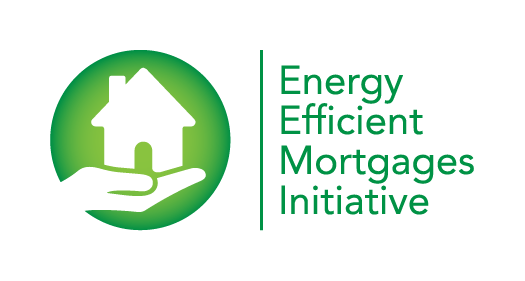Evaluation of the potential interest and need of EE mortgages among EU members
The present report proposes an extension of the already developed under the EeMAP and EeDaPP projects reflection on buildings’ Energy Efficiency (EE). Among the previous achievements, these two projects have allowed to study the effects of EE improvements on households’ solvability, through reduced exposure to fluctuating energy prices and reduced energy bills, but also through increased property value. The obtained findings confirmed the relevance of EE mortgages (EEM) and expanded their evaluation beyond their role in achieving the EU 2030 EE target.According to Economidou et al. (2019), among all of the private EE initiatives targeting buildings (commercial loans on EE, crowdfunding, EE insurance), EEM allow access to low-cost capital with a long repayment period and enhance the repayment borrower’s ability. Nevertheless, for small projects, the transaction costs might be quite important, and the collateral requirements are quite consequent. For the time being, EEM initiatives have been developed in the UK, Germany, Sweden, and Romania.
Based on these considerations, the deliverable focuses on the specific needs of households and their capacity to gather and dedicate further means for EE investments. As far as this purpose is concerned, we propose a discussion on the residential mortgage market potential, and an evaluation of: i) the households’ exposure to energy expenditures; ii) the EU members’ vulnerability to climate risk and iii) their EE progress potential (few implemented EE initiatives are observed along a growing political concern).
Concerning the residential market potential, two major trends are observed: while Central and Eastern Europe EU members follow an important catch-up path and thus present a considerable potential growth capacity (low households’ mortgage indebtedness), the Euro-Zone members benefit from a greater loan attractivity (low interest rates) and residential real estate affordability as well as expanding existing mortgage activitiesWith regards to energy expenditure, most of the EU members are exposed at least to one of the four indicators that might affect the energy expenditure of households (property’s age, energy consumption, gas and electricity prices), suggesting the necessity for EE improvements. The households’ reliance on natural gas for space heating, water heating and cooking is more consequent in Western EU member states (except for Portugal and Spain), since Central and Eastern Europe countries benefit from greater renewable energy capacities. Nevertheless, on average 20 % of EU members’ power generation relies also on natural gas (Statista, 2022), since the use of more polluting energy sources like coal and other fossil fuels have been reduced in the last ten years.Concerning climate vulnerability, very few EU countries are not particularly exposed to climate change risk. Indeed, according to the last available data (2019 and 2018), only the Czech Republic, Finland, Luxembourg, and Sweden did not seem to be particularly vulnerable to climate changes. However, since then, important extreme weather events have been observed, especially in Northern Europe countries, highlighting therefore their possibly raising fragility.
Sitemap
Copyright © Energy Efficient Mortgages Initiative


The project DeliverEEM has received funding from the European Union’s LIFE 2023 programme under grant agreement No.101167431. The EeMAP, EeDaPP, EeMMIP projects have received funding from the European Union’s Horizon 2020 research and innovation programme under grant agreements No. 746205, No. 784979 and No. 894117 respectively
Privacy Overview
| Cookie | Duration | Description |
|---|---|---|
| cookielawinfo-checkbox-analytics | 11 months | This cookie is set by GDPR Cookie Consent plugin. The cookie is used to store the user consent for the cookies in the category "Analytics". |
| cookielawinfo-checkbox-functional | 11 months | The cookie is set by GDPR cookie consent to record the user consent for the cookies in the category "Functional". |
| cookielawinfo-checkbox-necessary | 11 months | This cookie is set by GDPR Cookie Consent plugin. The cookies is used to store the user consent for the cookies in the category "Necessary". |
| cookielawinfo-checkbox-others | 11 months | This cookie is set by GDPR Cookie Consent plugin. The cookie is used to store the user consent for the cookies in the category "Other. |
| cookielawinfo-checkbox-performance | 11 months | This cookie is set by GDPR Cookie Consent plugin. The cookie is used to store the user consent for the cookies in the category "Performance". |
| viewed_cookie_policy | 11 months | The cookie is set by the GDPR Cookie Consent plugin and is used to store whether or not user has consented to the use of cookies. It does not store any personal data. |
